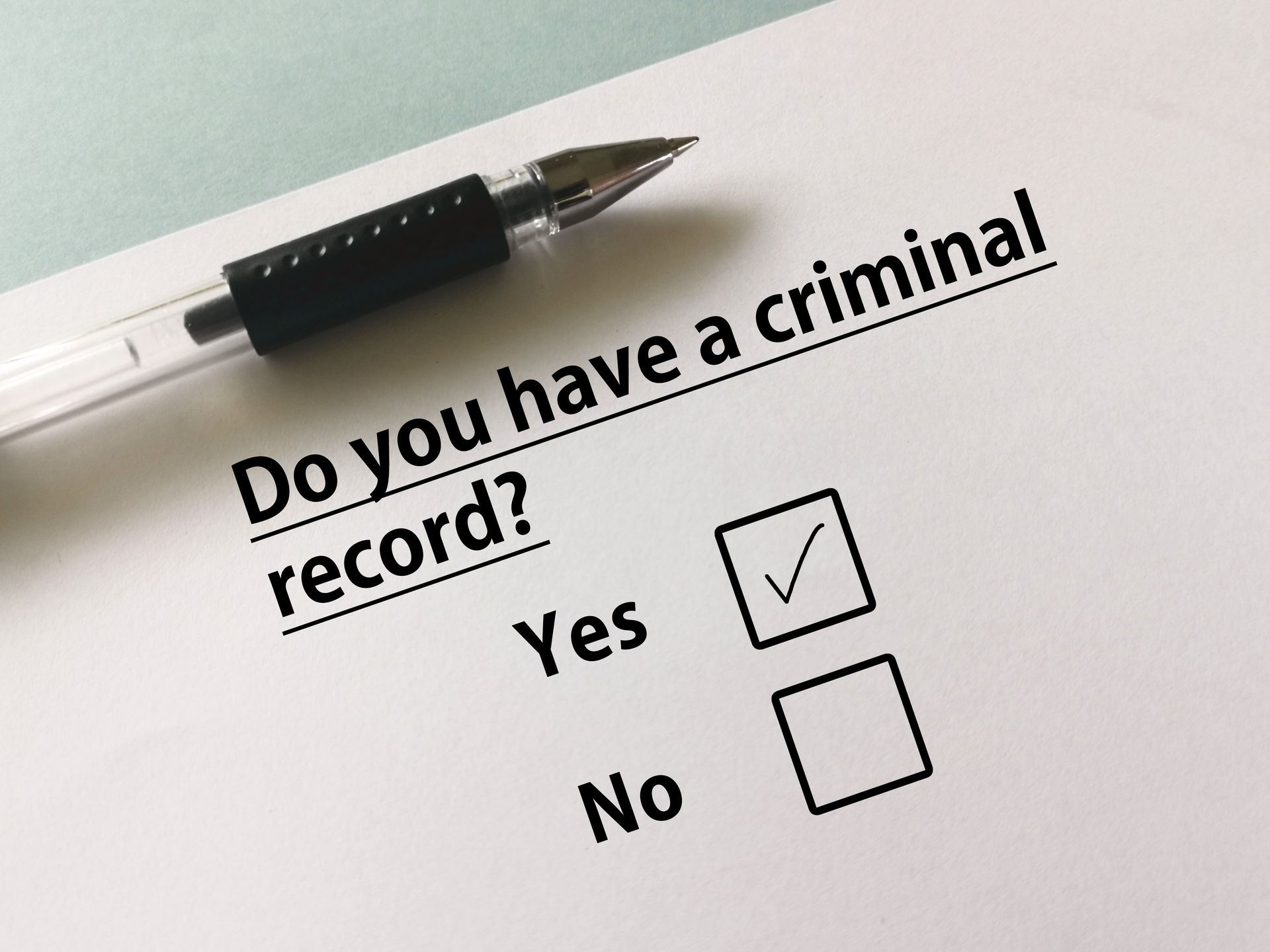Is There a Way for Adults to Avoid Having a Permanent Criminal Record?

Navigating the legal system, whether it’s Maricopa County or Phoenix Municipal Court, can be challenging, especially when faced with the possibility of a permanent criminal record. For adults, having a criminal record can affect job opportunities, housing options, education and personal relationships. Many people convicted of crimes in Arizona suffer life-altering consequences for either a small one-off mistake or due to events that happened years or decades previous.
The state recognizes how unjust this aspect of the justice system can be. Legislators and criminal justice professionals have long understood the far-reaching negative societal effects past convictions can have on people and the community, which is one of the reasons why expungement or the ability to “set aside” convictions (A.R.S. 13-905 and A.R.S. 13-907) was pushed by policymakers in many states in the latter half of the 20th century.
Until recently, Arizona only offered a limited version of expungement for some convictions. Other than for juvenile offenses and some marijuana convictions, Arizona did not allow pure expungement. Convictions could instead be set aside after certain criteria were met.
The recent implementation of A.R.S. 13-911 changes that and now allows some arrest and conviction records to be completely sealed.
People in Phoenix filing a petition to set aside convictions may require the assistance of an experienced criminal defense attorney.
About Expungement and Having Convictions Set Aside
Expungement is a legal process through which a person's criminal record is erased, effectively removing the offense from public view. Expunged records are treated as though they never existed, offering a clean slate for individuals. Convictions that are set aside will still appear on background checks but include a notation that indicates a person has rehabilitated.
What Can Having a Conviction Set Aside Do for You?
- Although it’s not a perfect solution, having convictions set aside may make employers more likely to hire an applicant.
- It can also influence professional licensing board decisions. Some professional licenses, like a Registrar of Contractors (ROC), can be regained if certain types of convictions are officially set aside, even without pure expungement.
- Lenders or property owners may also be more likely to approve applications for people who have had their convictions set aside.
- Family court judges may also view having convictions set aside as a sign of rehabilitation and may offer better treatment to parents in child custody situations.
Eligibility for Expungement in Arizona
Eligibility for having conviction records sealed in the state of Arizona depends on several factors such as:
- Type of Offense: Non-violent crimes and misdemeanors are more likely to be eligible for expungement. Class 1 felonies, serious repeat offenses along with violent crimes or sexual crimes may not qualify.
- Time Since the Conviction:
Like many other states, you must wait a certain period of time before filing for expungement. For a Class 2 or Class 3 felony, you must wait 10 years before filing a petition. You must wait at least five years for a Class 4, 5 or 6 felony and two years for a lower-grade misdemeanor (ARS 13-911 (G))
- Completion of Sentence: The individual must have completed all terms of their sentence. This may include probation, restitution and community service.
- Behavior Post-Conviction: The individual's behavior since the conviction is a critical factor. Demonstrating rehabilitation and a commitment to staying out of trouble increases the chances of expungement.
The Expungement Process for Adults in Arizona
The expungement process typically involves the following steps:
- Filing an Expungement Petition:
The individual must file a petition with the court that handled their case. This petition should include information about the offense, reasons for seeking expungement and evidence of rehabilitation.
- Notification and Review: The court will notify the prosecutor and victims, who may have the opportunity to object to the petition. A hearing may be scheduled where the judge will review the case.
- Court Decision: The judge will evaluate the petition based on the individual's behavior since the conviction.
Do You Have Questions About Expungement Law in Arizona, Want to Learn About Eligibility or Need Advice on Steps to Take to Increase the Chance of a Successful Expungement Petition?
If you're seeking to seal arrest, conviction or sentencing records, it can be extremely helpful to have experienced legal representation. Arizona board-certified criminal defense specialist Michael Alarid III can answer your questions and help you understand your expungement options.
Get your free case evaluation today or give us a call at (602) 818-3110.
Practice Areas
RECENT NEWS
PRACTICE AREAS
All Rights Reserved | The Law Office of Michael Alarid III
Built by REV77



